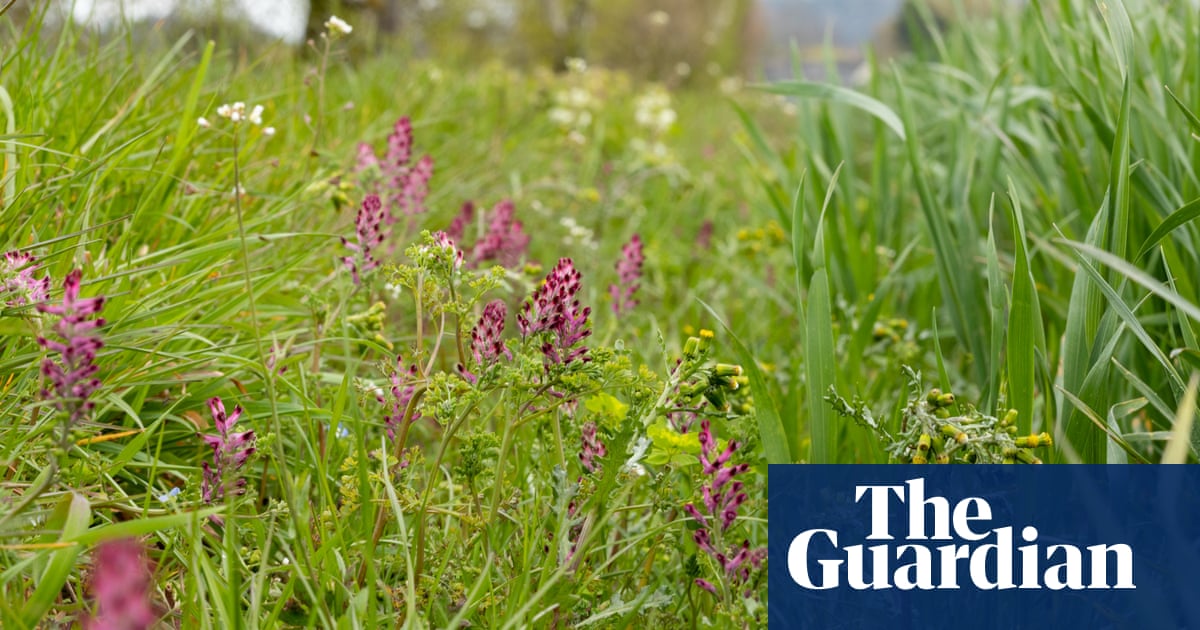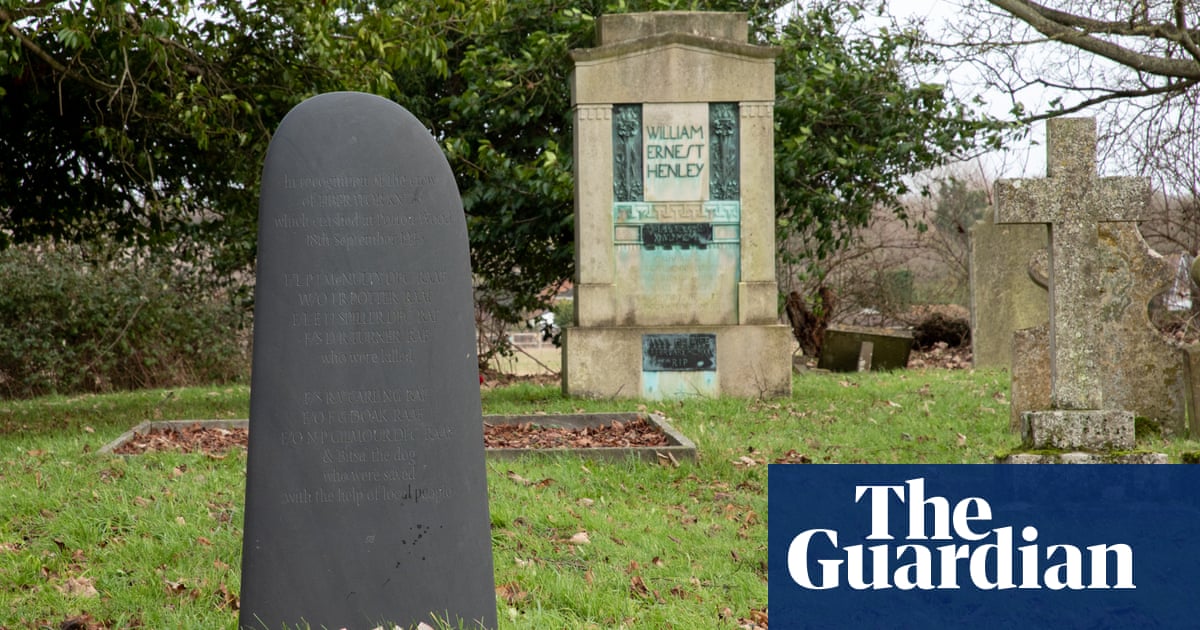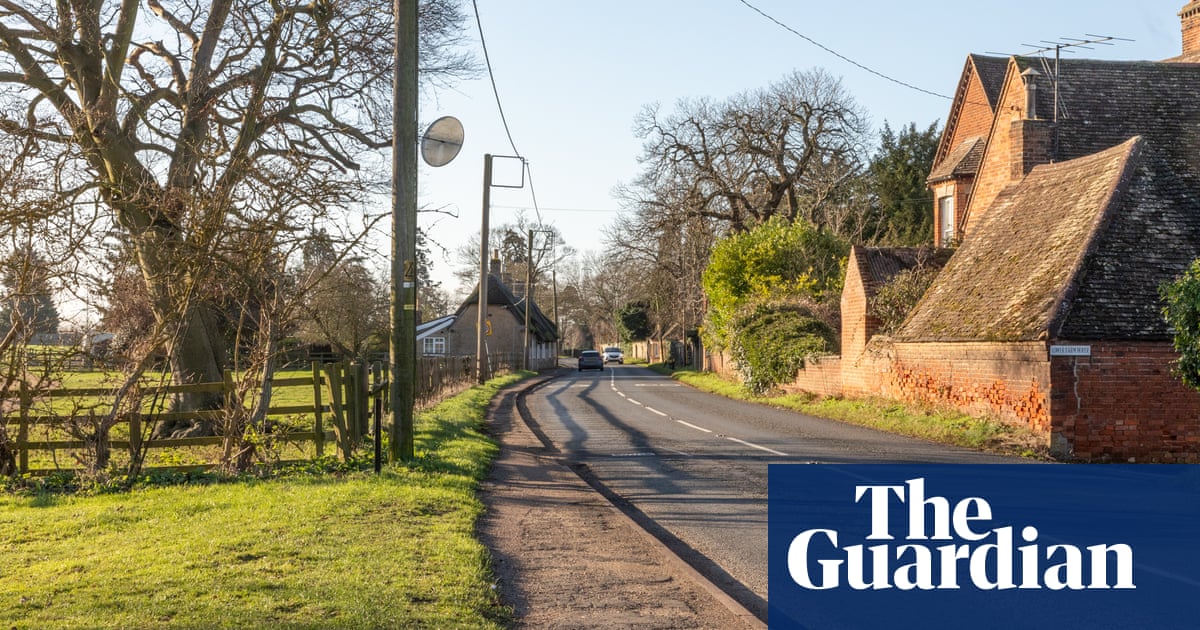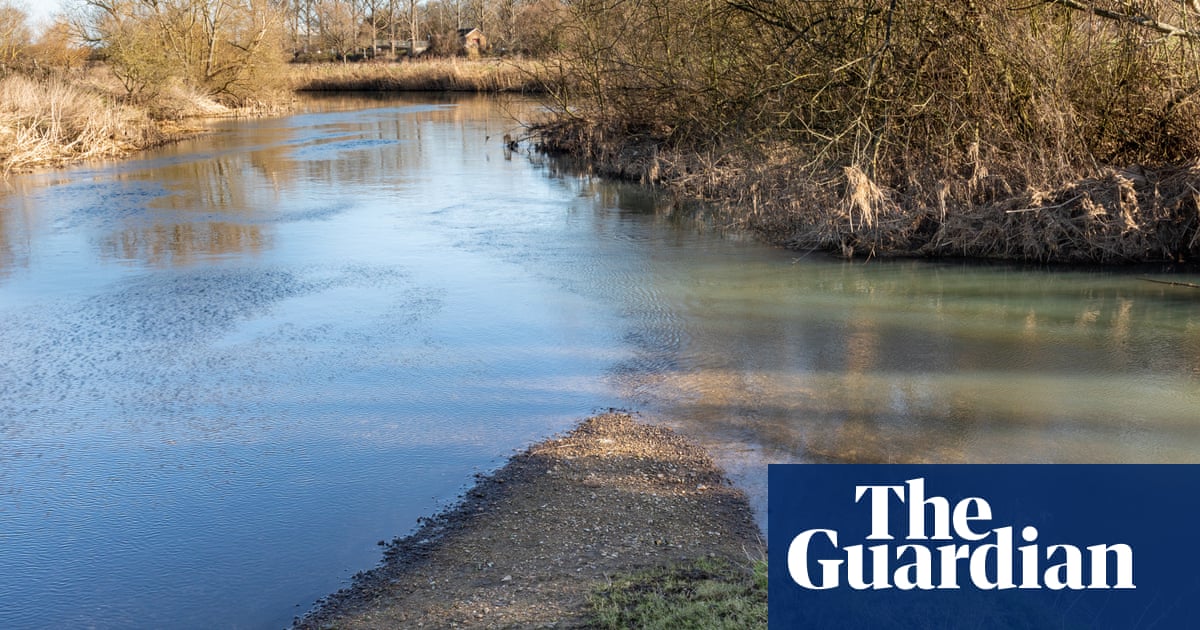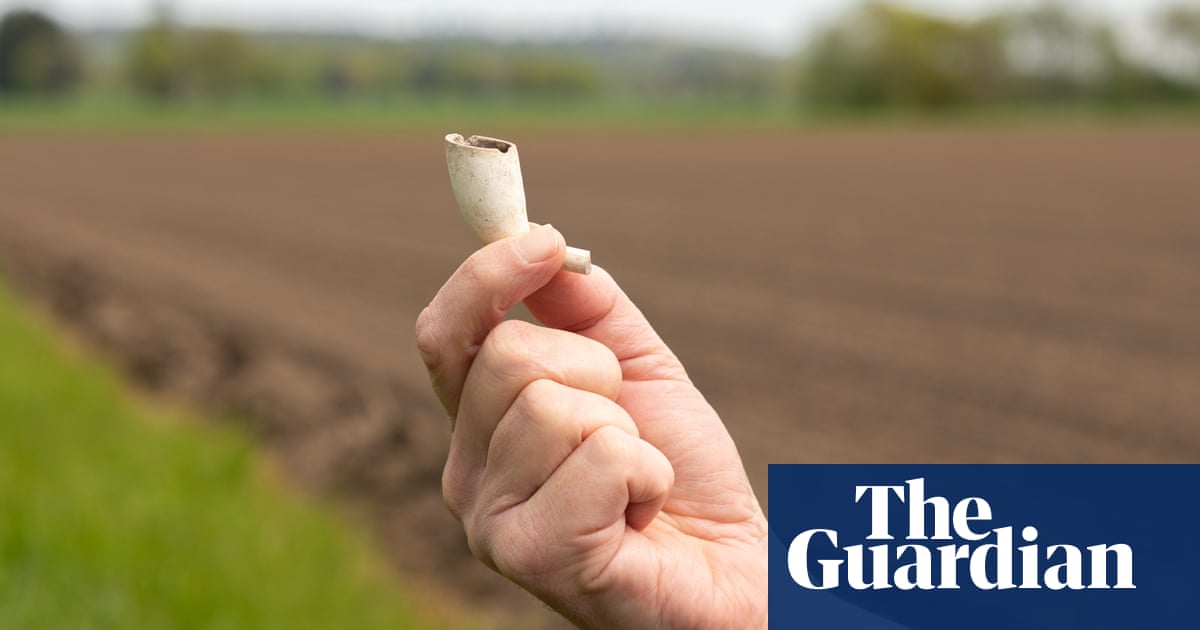
At the age of seven I roamed the gutters of Hamilton, near Glasgow, looking for spent matches, returning home with filthy fingers and bags full of blackened sticks. I couldn’t fathom then why my mum should be cross with me. Decades later, I’m still looking for smokers’ discards, only these days out alongside the open fields.
Here in such long-established arable land we can find what may be the sole physical legacy left by generations of farm workers. Those who scattered seed, tilled, raked and hoed, clenched a tobacco pipe in their mouths, and, when it snapped, they tossed the broken parts away, clay into clay.
Every year, the plough-turned soil casts up off-white pieces: very rarely a whole pipe bowl, most often bits of stem reduced over the long years to the length of a cigarette stub. The bore is always packed with earth and not infrequently has been drilled a little off-centre. These were rough, cheap, disposable products for poor people.
I carry the tip of a stem that I found right here in my pocket. Its owner lives in bite marks above the nipple end, those indentations suggesting someone who smoked and strained over hard labour at the same time. I’ve cleared out the insides so that it became straw-like, and now have a compulsion to suck on it, becoming the first person to draw on this pipe in over a century.
Today, there are no pipe parts along the bare earth margin of the onion field, only a fragment of glazed white ceramic with neat script that reads -NA 187-. Most likely, this turned up among so-called night soil, the human excrement brought up from mid‑Victorian London to fertilise the fields. Was our smoker a muckraker, manuring the fields when his pipe snapped?
I try to picture all those pipe‑smoking people, working these fields, all summer long. But there are no farm workers here now, except the occasional contractors who have wheels instead of feet. The hearts of these fields are untrodden, left to the onions and the fragments thrown away by those before us.





